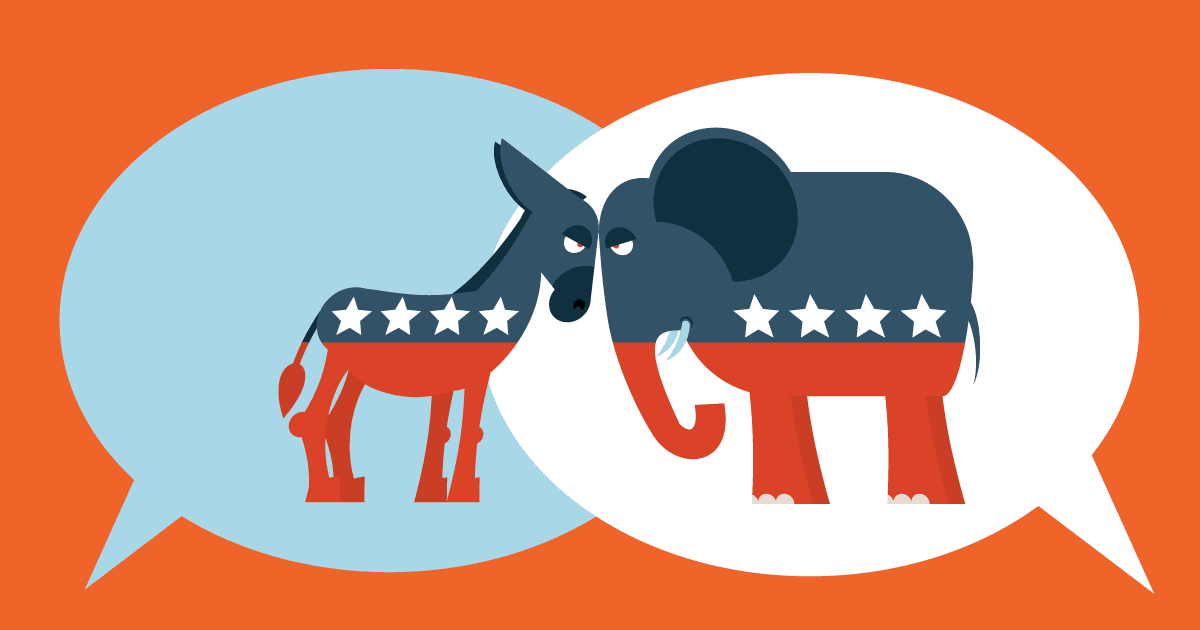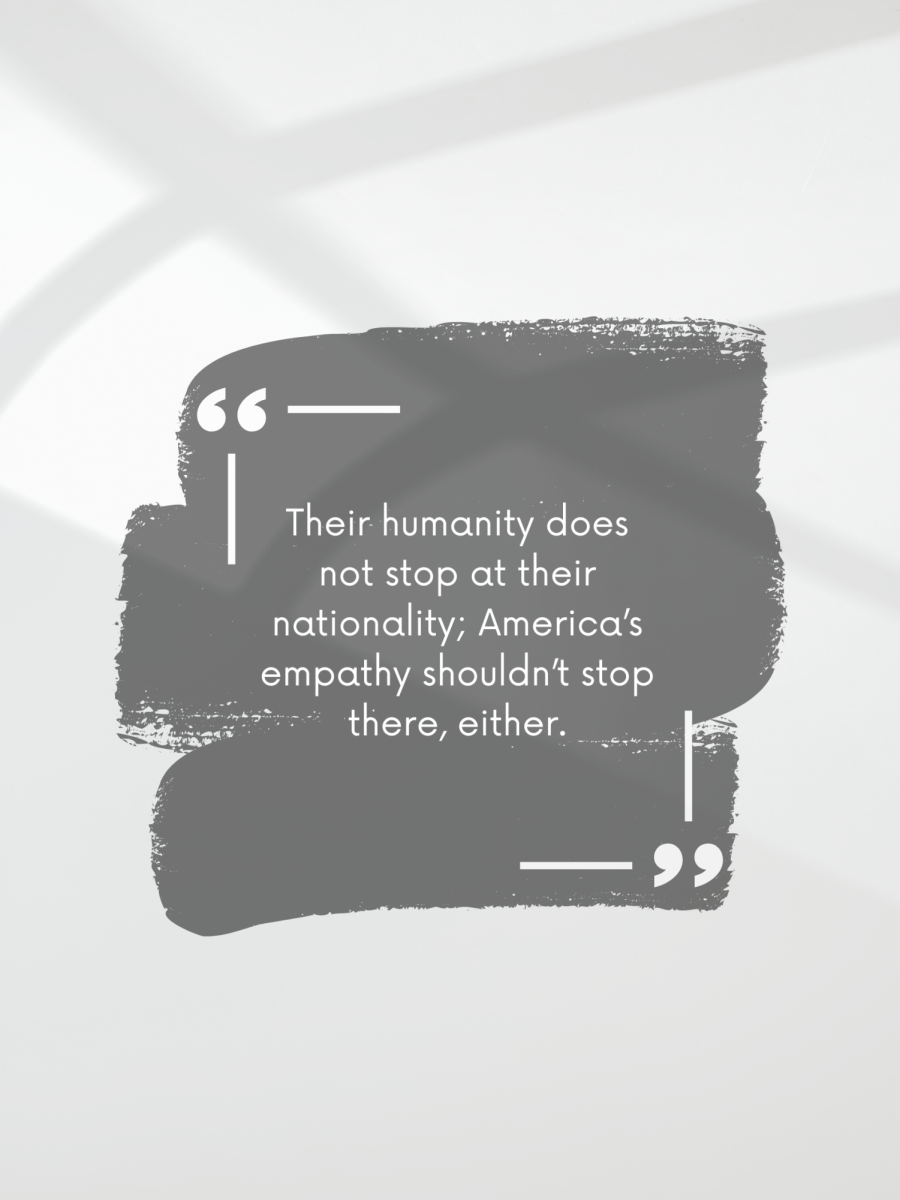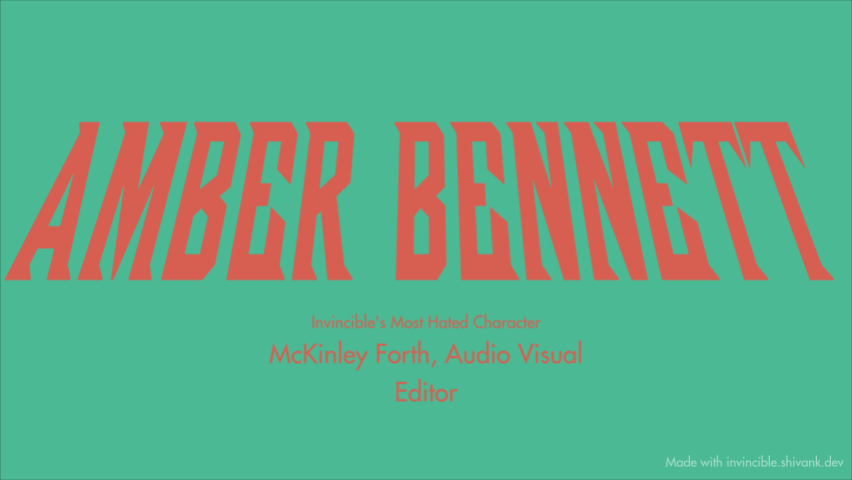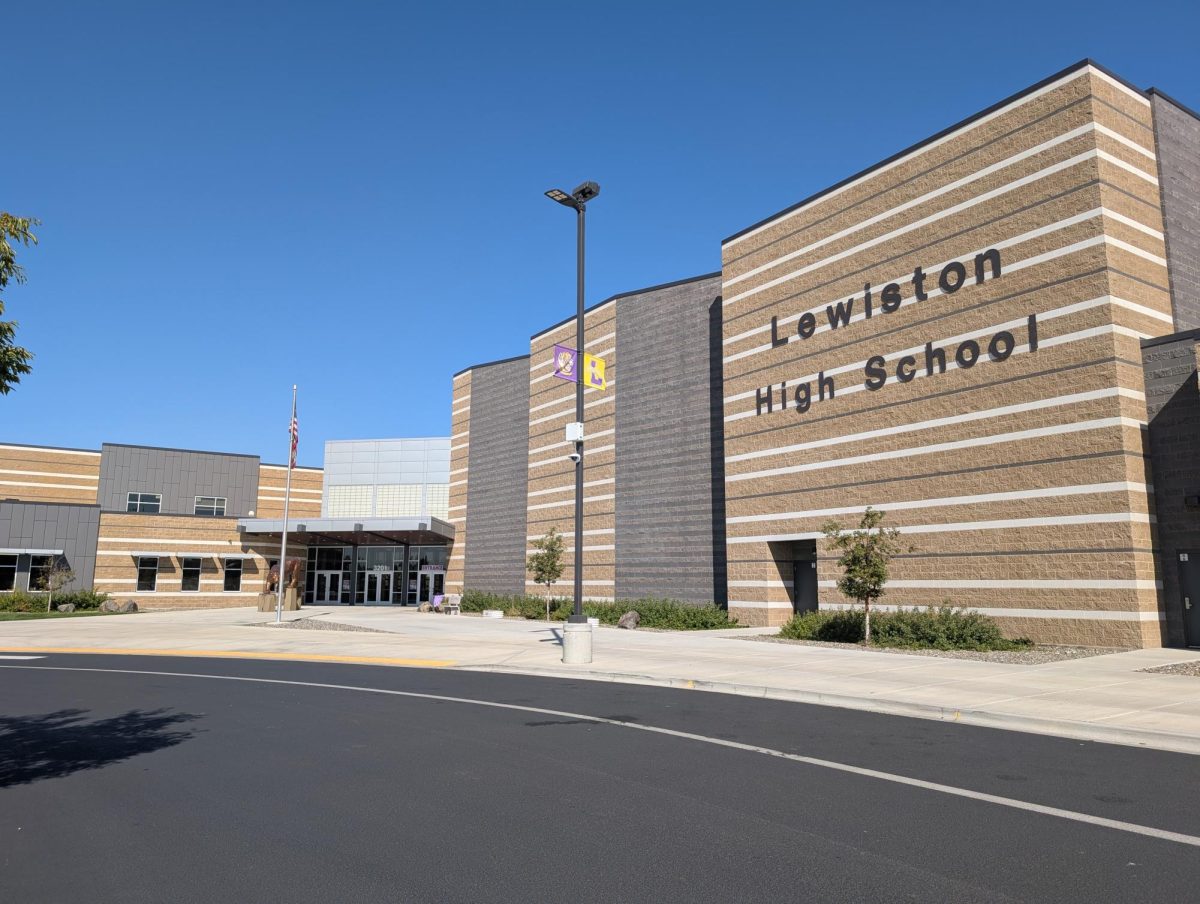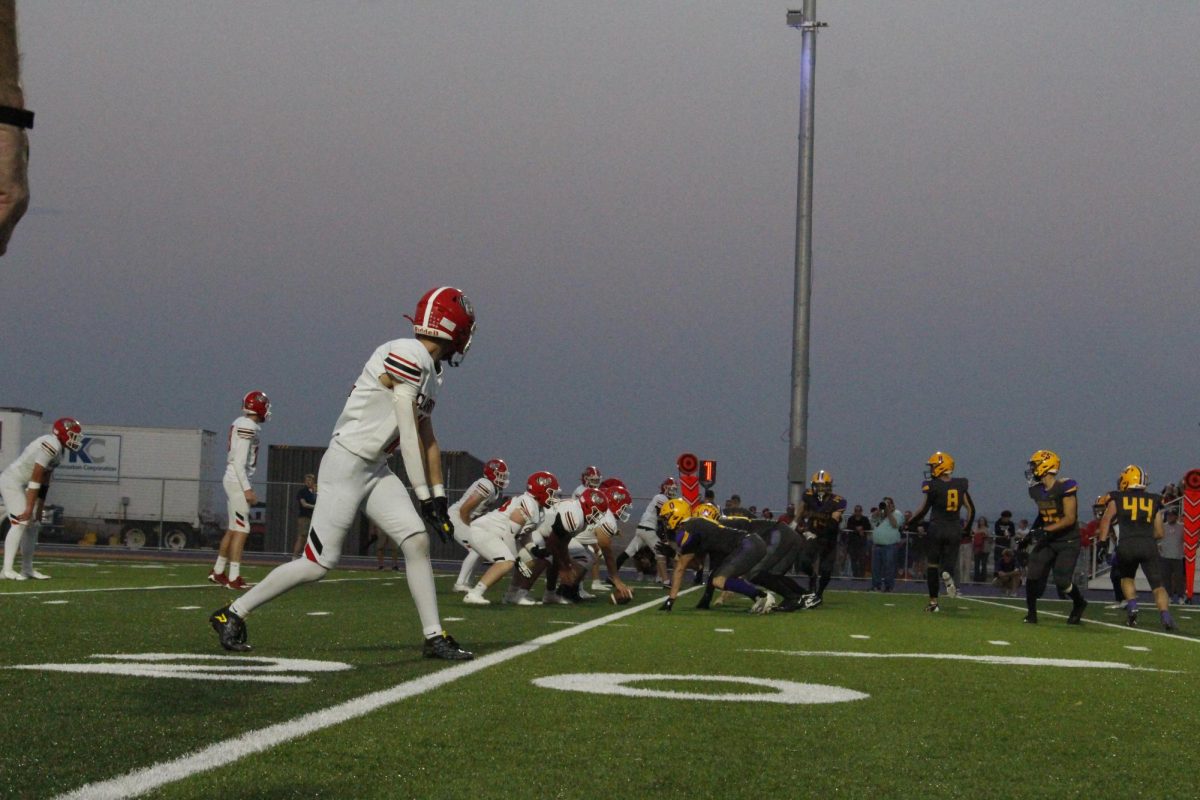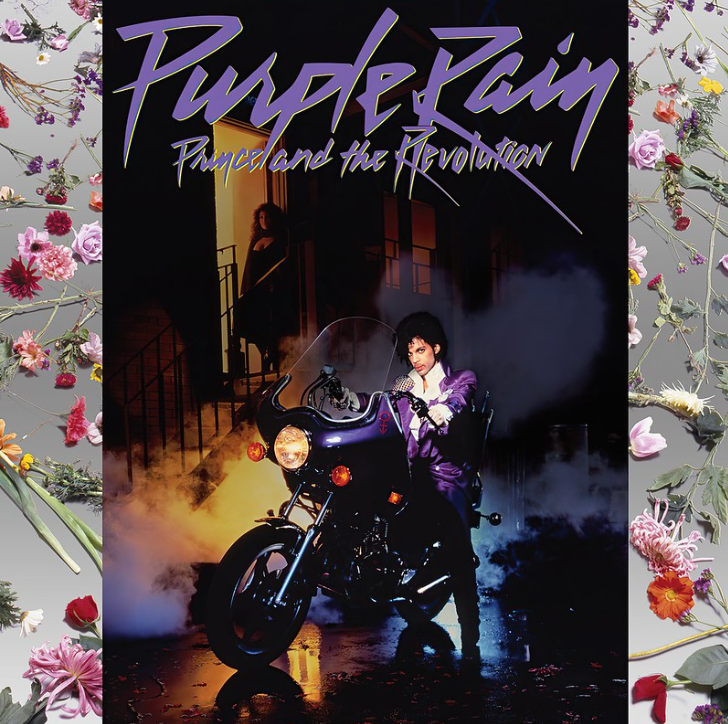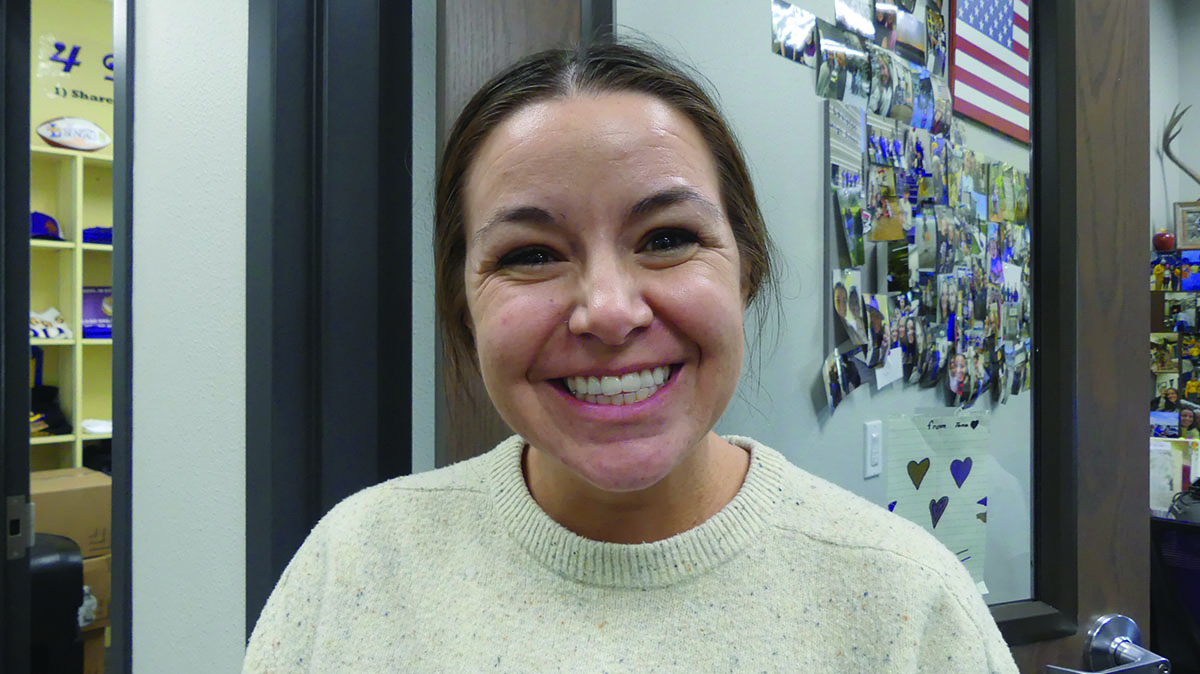Upon defining the principles of American government, George Washington left his position as the first President of the United States with his address titled “Friends and Citizens.”
The United States Senate’s website reads, “…Washington warned that the forces of geographical sectionalism, political factionalism, and interference by foreign powers in the nation’s domestic affairs threatened the [republic’s stability].”
In simpler words, Washington warned the “republic” that interference in international affairs, prioritizing “sectional” or niche and extreme beliefs over the belief and good of the public, and the augmentation of political parties would become detrimental to the country.
Despite the nation’s original people’s love for Washington, his warnings were taken with little urgency and overall blatantly ignored by the masses. Even though the early republic probably did not consider the long-term consequences of their actions at the forefront of their mind, there seems to be one outstanding policy that the American public discarded particularly mindlessly after Washington’s retiral: the formation of extreme political alliances.
Washington’s support was waived towards factions, small subgroups within a belief system centralized by a universal goal. He believed that because all factions were unique but had one ultimate goal, there was always a compromise to be made, and there was no need to align with one particular group entirely over another.
The people abandoned this for reasons unknown. Perhaps some issues were too personal to find a broad consensus for. However, disregarding these warnings has sent the United States political system into an infinite downward spiral.
Even basic, scientifically supported ideas, like climate change, have become politically charged debates. Worldly tragedies have become ploys to enlist support for specific parties. It is no secret-or at least not a well-hidden one- that the institution of political parties in America and the polarization it has fostered in people who identify in part of them has caused a detrimental drift in connections between all Americans.
In 2020, Erin Murray published his undergraduate theses titled How Differences in Political Ideology Impact Close Relationships. In his research, he found that 43% of single Democrats would not consider dating a Republican, and 24% of single Republicans said they would not consider dating a Democrat (Brown, 2020). In 2016, over 55% of Democrats and Republicans reported having “very unfavorable” feelings toward members of the opposite party (Chen & Rohla, 2018).
An interview by Jane Kelly at the University of Virginia with Naomi Cahn, a distinguished professor of law at the university, revealed that 45% of Democrats and 35% of Republicans would be “displeased” with their child if they married a person who affiliated with the opposite party, compared to just 4% for both respective parties in 1964 according to a study by the Public Religion Research Institute.
“Republicans and Democrats increasingly think poorly of one another, so that will inevitably affect how people relate to each other in [a relationship],” Cahn said.
Additionally, the constant connections between deeply personal beliefs and political views have reaped disastrous effects, as shown in cases like Kennedy v. Bremerton School District and the overturning of Roe v. Wade.
The division between parties and the emotional charge accompanying every “political” adversity the country faces has left the American people worried about the nation’s state. The Listen First Project is a nonprofit adjoining 500 independent organizations to speak out against the “toxic polarization” of the American system. On their Toxic Polarization statistics page, Listen First lists numerous statistics compiled from various sources highlighting the civilian perspective.
57% of Republicans and 41% of Democrats see opposite-party members as enemies rather than political opponents, according to a survey done by CBS News. The Lethal Mass Partisanship found that 20% of people believe that members of the opposing side view them as “[lacking] the traits to be considered fully human. The same study found that 15% of Republicans and 20% of Democrats believe the country would be in a better state if members of the other party “just died.”
These statistics are harrowing. When a nation has such little common ground among its citizens that approximately 66,380,000 of them wish death upon their “opponents,” there is a problem. Thankfully, this is not to say that a majority of citizens do not want peace. Public Agenda reports that 72% of Americans believe there is more unifying us than dividing us, and 71% believe there is more connection between citizens than what news outlets portray.
America does not have to fall victim to itself. We, the People, have every opportunity to adapt our political system into one that serves the nation rather than serving a belief system. Our convictions do not define us. Walter Lippman summarizes this article the best; “The prophecy of a world moving toward political unity is the light which guides all that is best, most vigorous, most truly alive in the work of our time.”

